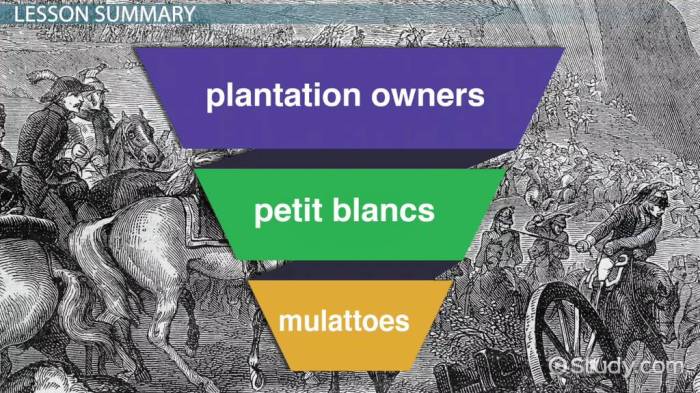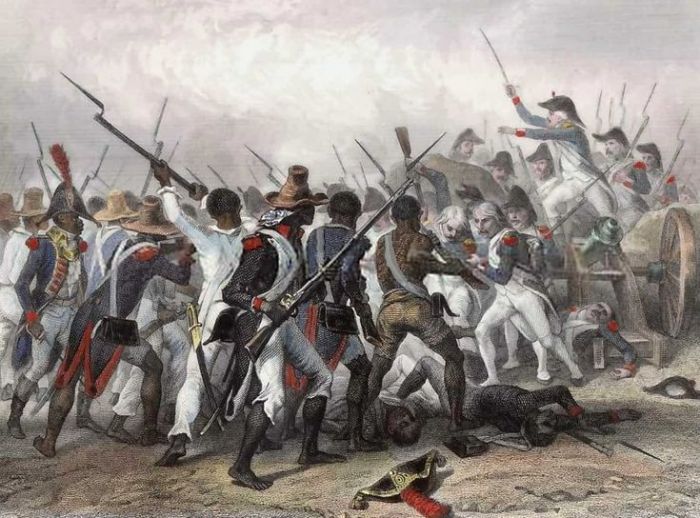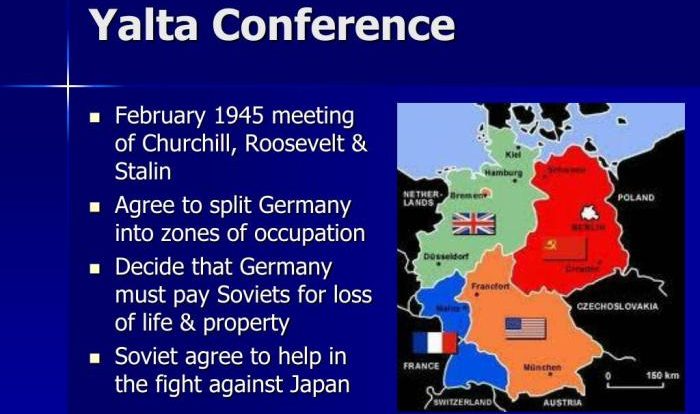Beginning with the Haitian Revolution Crash Course Transcript, the narrative unfolds in a compelling and distinctive manner, drawing readers into a story that promises to be both engaging and uniquely memorable. The transcript provides a comprehensive overview of the Haitian Revolution, exploring its historical context, key figures, major events, and lasting impact.
Join us as we delve into this transformative chapter in human history.
The Haitian Revolution was a pivotal moment in the fight for freedom and equality. This transcript offers a detailed account of the uprising, highlighting the social, economic, and political factors that fueled the rebellion. We will examine the roles of Toussaint Louverture, Jean-Jacques Dessalines, and other notable figures who shaped the course of the revolution.
Haitian Revolution Background: Haitian Revolution Crash Course Transcript

The Haitian Revolution was a successful slave revolt that took place in the French colony of Saint-Domingue from 1791 to 1804. The revolution was sparked by a complex combination of social, economic, and political factors.
Socially, Saint-Domingue was a deeply divided society. The white elite, who owned most of the land and slaves, lived in luxury, while the majority of the population, consisting of enslaved Africans and free people of color, lived in poverty and oppression.
Economically, Saint-Domingue was one of the richest colonies in the French empire. The colony’s sugar plantations produced vast profits, but the wealth was concentrated in the hands of a few white planters.
Politically, Saint-Domingue was a colony with a complex system of government. The white elite had a great deal of autonomy, while the enslaved population had no rights.
Key Figures of the Revolution
The Haitian Revolution was led by a number of key figures, including Toussaint Louverture, Jean-Jacques Dessalines, and Henri Christophe.
Toussaint Louverture was a former slave who became one of the most successful military leaders in the Haitian Revolution. He was known for his brilliant military strategies and his ability to unite people from different backgrounds.
Jean-Jacques Dessalines was a former slave who became the first emperor of Haiti. He was a ruthless leader who was determined to secure Haiti’s independence.
Henri Christophe was a former slave who became the king of northern Haiti. He was a visionary leader who built a number of impressive fortifications and palaces.
Major Events of the Revolution

The Haitian Revolution was a complex and bloody conflict. The key events of the revolution include the following:
- The slave revolt of 1791
- The French Revolution of 1789
- The arrival of Toussaint Louverture in Saint-Domingue in 1793
- The defeat of the French army in 1803
- The declaration of Haiti’s independence in 1804
Impact of the Haitian Revolution

The Haitian Revolution was a major event in world history. It was the first successful slave revolt in history and it had a profound impact on the abolitionist movement and the development of ideas about racial equality.
The Haitian Revolution also had a significant impact on Haiti itself. The revolution led to the establishment of the first independent black republic in the Americas.
Query Resolution
What were the major causes of the Haitian Revolution?
The Haitian Revolution was sparked by a complex interplay of social, economic, and political factors, including the harsh conditions of slavery, the influence of the French Revolution, and the desire for self-determination among the enslaved population.
Who was Toussaint Louverture and what was his role in the revolution?
Toussaint Louverture was a former slave who emerged as a brilliant military leader and a key figure in the Haitian Revolution. He fought for the abolition of slavery and played a pivotal role in securing Haitian independence.
What was the impact of the Haitian Revolution on the abolitionist movement?
The Haitian Revolution had a profound impact on the abolitionist movement worldwide. It demonstrated that enslaved people could successfully fight for their freedom and inspired abolitionists to intensify their efforts to end slavery.
